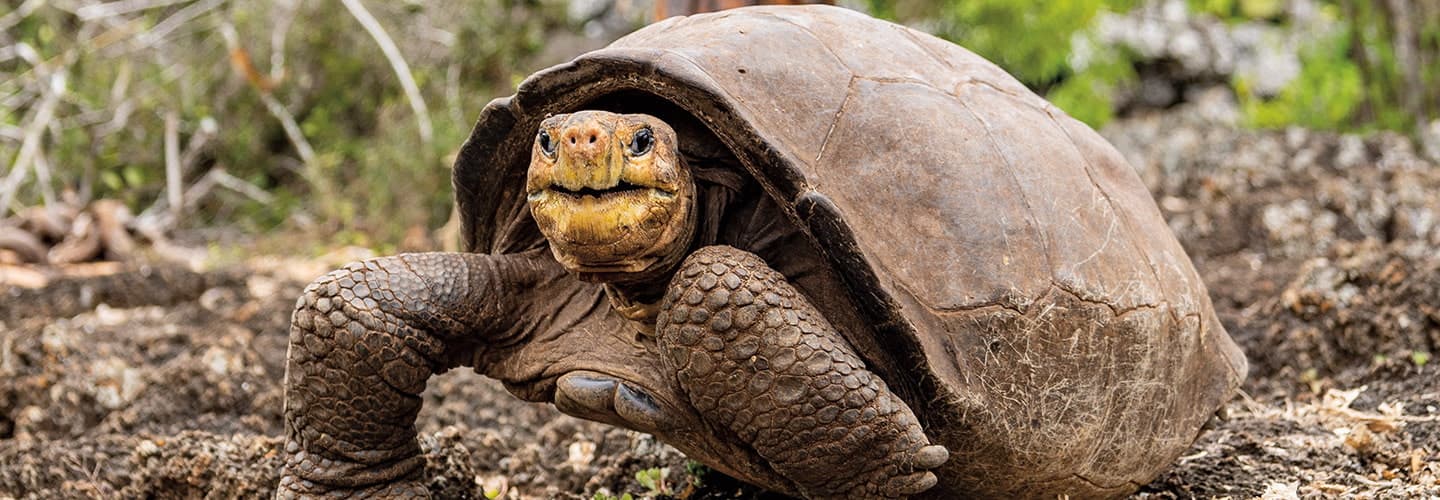Scientists around the world are on the hunt. They’re combing through forests, inspecting lakes, and searching islands. Their mission? To find animals and plants that experts haven’t seen in the wild in at least a decade. Some of the species have been missing for more than 100 years. Scientists fear that many of them have gone extinct.
In 2017, a conservation group called Re:wild launched the Search for Lost Species. The group focused on finding 25 missing plants and animals. So far, eight have been rediscovered!
“To find so many in just a couple of years is really exciting and gives us hope,” says Barney Long, a scientist at Re:wild.
But the search is far from over. Re:wild has worked with other conservation groups to identify more than 2,200 lost species. Many of them are considered critically endangered. Long says the first step in protecting a species is finding it.
“If we don’t know where they are, we don’t know what their threats are,” he explains. “And we don’t know the solution to their conservation.”
Here’s a look at how scientists found three missing animals—and what happens next.

